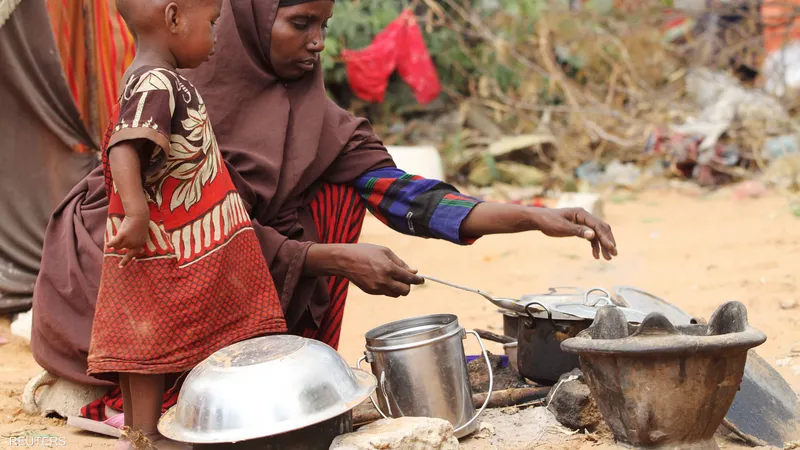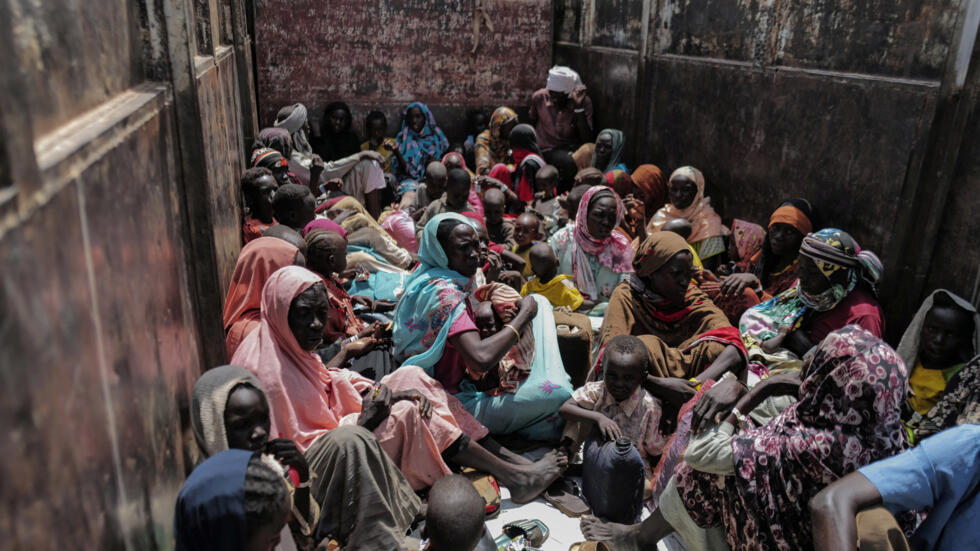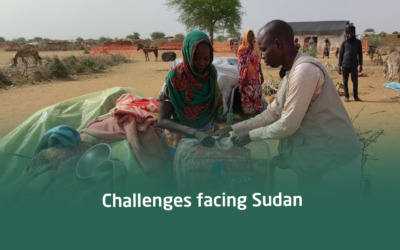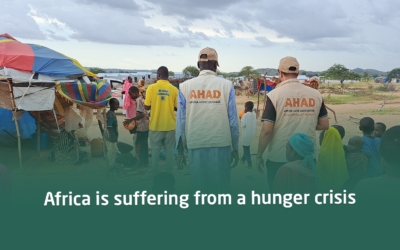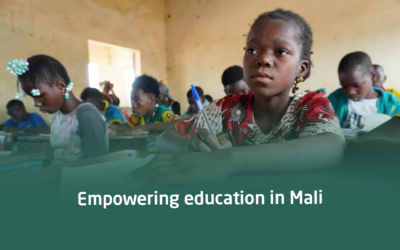Fears of a new famine in Africa
Africa is currently facing great challenges that threaten a new large-scale famine. Millions of people on the continent suffer from food insecurity due to a range of interrelated factors, including armed conflicts, climate change, and economic crises. These factors have been exacerbated by the fallout of the covid-19 pandemic, increasing fears of a major humanitarian catastrophe. In this article, we will highlight these fears and factors contributing to the worsening food crisis in Africa, as well as the efforts being made to address these challenges.
Factors leading to fears of famine in Africa
Africa is facing enormous challenges that threaten new famines, and this is due to several key factors intertwined together to aggravate the food crisis on the continent
Armed conflicts and political instability
Armed conflicts are one of the main factors contributing to food insecurity in Africa. These conflicts lead to the displacement of the population and the disruption of agricultural activities, which leads to a reduction in agricultural production and an increase in hunger among the affected population.
Climatic changes
The African continent is significantly affected by climatic changes, such as droughts, floods and precipitation fluctuations. These changes cause the destruction of agricultural crops and reduce productivity, which reinforces food shortages and hunger in the affected areas.
Economic crises
Ongoing economic crises are affecting the ability of governments in Africa to secure food for the population. High unemployment and poverty make it more difficult to access basic food, even when it is available in local markets.
Repercussions of the covid-19 pandemic
The covid-19 pandemic has complicated the food situation in Africa, as precautionary measures have disrupted food supply chains and increased unemployment. The pandemic has also reduced international aid directed at supporting food security due to the challenges faced by donor countries.
Addressing the hunger crisis in Africa requires intensifying international and regional efforts to deal with the factors causing the crisis. By supporting local governments in implementing effective agricultural policies, promoting regional integration, and providing urgent humanitarian assistance, the suffering of millions can be alleviated and food security for the affected population ensured.
Efforts to address the food crisis in Africa
Africa is witnessing multiple efforts by international organizations, local governments, regional and international cooperation, aimed at addressing the worsening food crisis and ensuring food security for the affected population. These efforts include emergency humanitarian interventions, promotion of sustainable agriculture, and integration of regional and international efforts.
Emergency humanitarian interventions
International humanitarian organizations play a vital role in providing emergency food assistance to areas affected by conflicts and natural disasters. These organizations work to distribute food and provide health and nutritional support to the affected population. For example, the World Food Program (WFP) distributes food rations and provides cash support to needy families, helping them buy food directly from local markets. In addition, the food and Agriculture Organization (FAO) is working to improve food security by supporting sustainable agricultural projects, providing seeds and agricultural tools to affected farmers to ensure the continuation of agricultural production in the affected areas.
Promoting sustainable agriculture
Many African countries are seeking to promote sustainable agriculture as a long-term solution to food insecurity. These efforts include providing training programs to farmers on modern agricultural techniques, such as the use of organic fertilizers, effective irrigation systems, and drought-resistant crops. These programs are aimed at increasing agricultural productivity and reducing dependence on foreign aid. Other initiatives include the development of agricultural infrastructure, such as the construction of irrigation systems to optimize water use, and the improvement of transport routes to facilitate the access of agricultural products to markets. Local governments are also supporting agricultural cooperatives to provide small farmers with the necessary resources and strengthen their competitiveness in the markets.
Regional and international cooperation
Addressing the food crisis in Africa requires regional and international cooperation to promote sustainable development in the region. This cooperation includes the provision of financial and technical support to the affected countries, the development of effective agricultural policies, the implementation of joint projects to strengthen food security. For example, the US-led “feeding the Future” initiative seeks to strengthen food security by supporting agricultural projects, improving food infrastructure, and providing training and modern agricultural technologies in many African countries. In addition, the AU is working to strengthen cooperation between African countries to exchange experiences and best practices in the field of Agriculture and food security, and to develop joint strategies to address the continent’s food challenges.
Africa is facing great challenges that threaten a new famine, which calls for intensifying local and international efforts to confront this crisis. The international community and local governments must work together to deliver comprehensive and sustainable solutions that address the root causes of food insecurity. Through cooperation and intensification of efforts, it is possible to improve the food situation in Africa and ensure a better future for the affected population. This requires a long-term commitment and integrated strategies that include immediate humanitarian support, promoting sustainable agriculture, and deepening regional and international cooperation to ensure food security for all on the African continent.
AHAD Association services
AHAD society works to provide a wide range of humanitarian and development services with the aim of improving the quality of life for individuals and communities in various regions. The association seeks to achieve a positive and sustainable impact by focusing on a number of vital areas. The following are the most prominent services provided by AHAD Association:
AHAD Association provides food assistance to the needy in areas affected by conflicts and natural disasters. This assistance includes the distribution of food baskets, the provision of hot meals, and the provision of food support to poor families. These efforts are aimed at combating hunger and malnutrition and improving food security for affected communities.
AHAD association works to provide health care services through the establishment and operation of mobile and stationary medical clinics. These services include providing medicines, providing medical consultations, and conducting periodic examinations for those in need. The association also organizes health awareness campaigns and vaccination programs for children to combat and prevent infectious diseases.
The association focuses on supporting education by building and equipping schools, providing scholarships to needy students. In addition, AHAD organizes training programs aimed at improving the professional skills of individuals, helping them to improve job prospects and increase their income. These programs include training in handicrafts, information technology, and agricultural skills.
AHAD seeks to promote sustainable development through the implementation of development projects aimed at improving infrastructure in local communities. These projects include the construction of wells to provide clean water, the establishment of sanitation facilities, and the development of irrigation systems to improve agricultural production. These initiatives are aimed at improving the living conditions of the population and increasing their ability to cope with challenges.
AHAD provides a variety of support services to refugees and IDPs, including providing shelter, distributing basic items such as clothing and blankets, and providing psychological and social support. The association works to improve the living conditions of refugees by providing them with a safe and stable environment, and supporting them in rebuilding their lives.
You can visit the AHAD website to find out more about the projects it offers
ALSO READ
WHAT THE FOOD BASKET CONTAINS IN AHAD
Join us in our message


